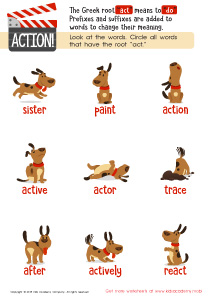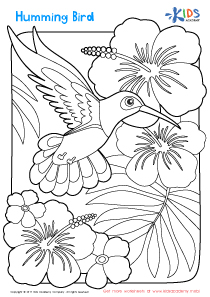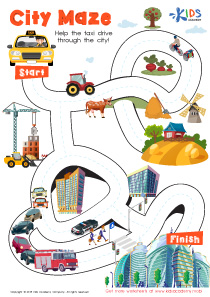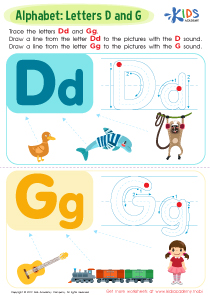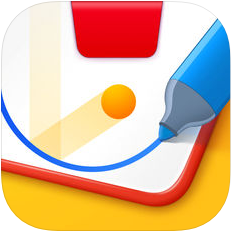Science Lessons | Weather for 7-Year-Olds
4 results
Dive into the fascinating world of meteorology with our Weather for 7-Year-Olds course! Specifically designed for curious young minds, this engaging program combines interactive worksheets, captivating educational videos, and fun assessment quizzes to bring the wonders of weather right to your fingertips. From understanding the basics of sunshine and rain to exploring more complex phenomena like storms and the water cycle, our lessons are tailored to spark imagination and foster a love for learning about the natural world. Join us on this exciting journey through the elements and become a junior weather expert today!
Understanding the world around us is a fundamental part of education, especially for young minds eager to learn and explore. Among various subjects that spark curiosity and wonder in children, weather phenomena stand out as both fascinating and crucial to our daily lives. Specifically designed for young learners, the "Weather for 7-Year-Olds" educational program is tailored to intrigue and educate children about the complexities and wonders of the weather, making it a vital component of their studies.
Weather for 7-Year-Olds is a comprehensive learning module that introduces children to the basics of meteorology in a way that is engaging, interactive, and, most importantly, fun. Through a carefully curated blend of interactive worksheets, educational videos, and assessment quizzes, this program is designed to capture the imagination of 7-year-old students, encouraging them to explore the world of weather with enthusiasm and curiosity.
The interactive worksheets are a core part of the learning experience. They are not just sheets of paper filled with facts; they are gateways to a hands-on learning adventure. These worksheets are crafted to challenge the children's understanding while ensuring they remain accessible and enjoyable. Through activities such as matching clouds to their types, coloring weather phenomena, or connecting weather events to their causes, children can learn complex concepts in a simplified manner. This hands-on approach ensures that the learning process is not only educational but also retains the playful essence of childhood exploration.
Supplementing the worksheets, educational videos bring the dynamism of weather into the classroom or the home. These videos, often featuring animated characters or captivating footage of weather events, offer visual and auditory stimuli to help children grasp the concepts being taught. By watching these videos, students are exposed to real-world examples of weather patterns, gaining a deeper understanding and appreciation of the subject. The storytelling format of these videos ensures that children are not just passive observers but are actively engaged, imagining themselves as meteorologists uncovering the mysteries of the weather.
Assessment quizzes are the third pillar of the Weather for 7-Year-Olds program, providing a valuable tool for reinforcing learned concepts. These quizzes are designed to be approachable and encouraging, making assessment an integral part of the learning journey rather than a daunting challenge. By answering questions on what they've learned, children can demonstrate their understanding and gain confidence in their knowledge. These quizzes also offer immediate feedback, helping both students and educators identify areas of strength and those needing further exploration.
In conclusion, the Weather for 7-Year-Olds program is an indispensable part of a child's education. It not only introduces them to the fundamental concepts of meteorology but does so in a manner that is engaging, interactive, and tailored to their developmental stage. Through interactive worksheets, educational videos, and assessment quizzes, children are equipped with the knowledge and skills to understand the weather, fostering a sense of wonder and respect for the natural world. As they progress through their studies, the lessons learned through this program will serve as a solid foundation for their continued exploration of science and the world around them.
